The recent announcement of his “Deal of the Century”, a unilateral “solution” to the Israeli-Palestinian conflict, is nothing more than a statement of American approval for Israeli leadership of the Arab world. The maps, borders and political features were all designed after the First World War.
The deal also suggests a permanent adjustment of the centuries old political borders of the region.
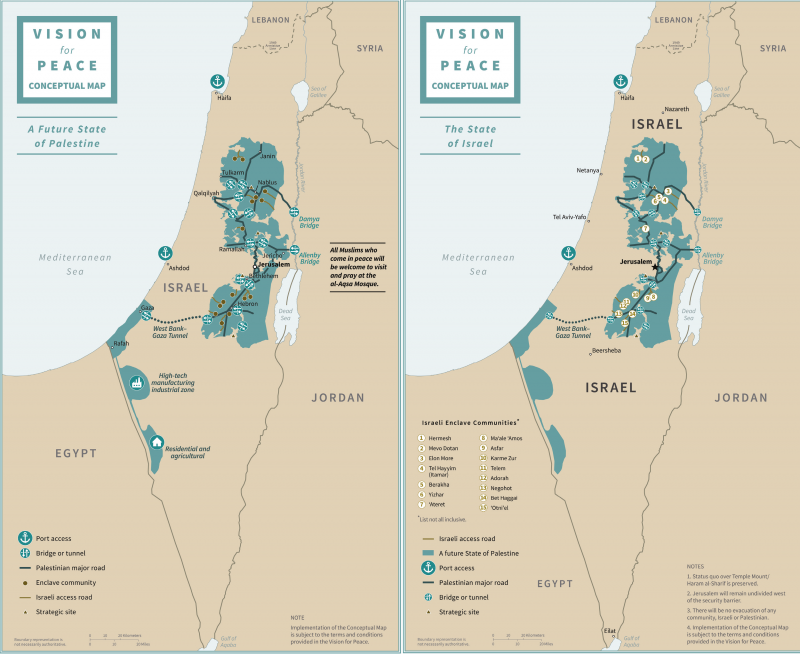
Trump`s plan
History repeats itself
The political circumstances, in which the deal of the century was announced are similar to those that took place during World War I.
The circumstances of World War I forced Britain to promise the Arab subjects of the Turkish empire freedom and independence in exchange for their participation in the war against the Ottomans.
This promise was made by Henry McMahon, the British Commissioner in Cairo, to Sharif of Mecca Al-Hussein bin Ali, who was negotiating on behalf of the Arabs, in what was known as the “Hussein-McMahon Correspondence.”
Britain was negotiating with the Arabs but always intended to break the promises they made and not give up any Arab lands. It was secretly negotiating with the other major colonial powers to redistribute the legacy of the Ottoman Empire in the region after its defeat in the war.
In May 1916, the “Sykes-Picot” agreement was signed, and Arab states outside the Arabian Peninsula were divided into areas controlled by Britain or France, ignoring what was stated in letters of McMahon, who resigned after the agreement.
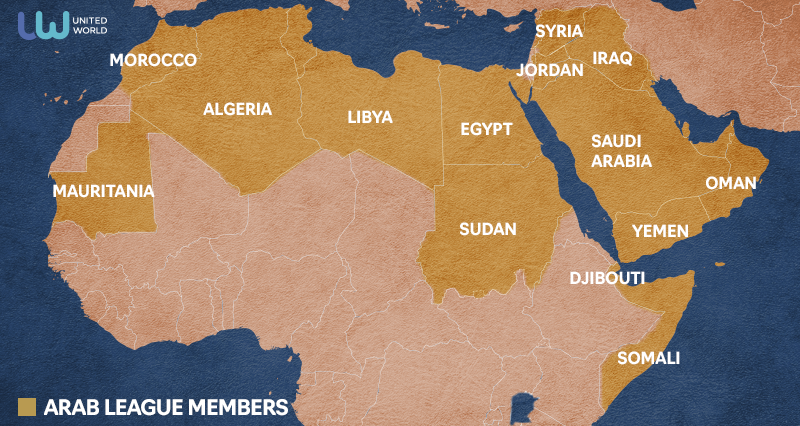
At a time when Britain was negotiating its share of the spheres of influence with the colonial powers, its Foreign Secretary Arthur Balfour, issued a promise to establish a national homeland for Jews in November 1917.
Britain fulfilled this promise to the Zionist movement on the advice of two of the most prominent imperialist politicians of the time, Alfred Milner and Liu Amery.
In a memo to the British government, they proposed occupying as much time as possible in the territories of Palestine and Mesopotamia in order to offset potential losses in other parts of the British Empire.
The memo became the focus of government thinking in discussions about the British promise of Zionist goals in dealing with the Arab revolution against the Turks and during sensitive negotiations with the French and Americans.
Consequently, the British needed to defeat the Ottomans with the support of the Arabs while at the same time maintaining a foothold in Palestine by establishing a Jewish homeland loyal to Britain.
Trump’s “Deal of the Century”: a stillborn plan for legalized apartheid
The context in which “deal of century” was announced does not differ from those in which spheres of influence were divided in the region 100 years ago.
With the outbreak of the Arab Spring revolutions in 2011, chaos prevailed against the background of political and sectarian divisions within several Arab countries to a greater degree than anyone could have imagined.
All regional and international non-Arab players sought to exploit the state of chaos and division to win the largest amount of influence possible in the region.
While some political parties in the Arab Spring countries resorted to regional and international powers in order to win their support in the struggle for power, some of the Arab regimes that survived the chaos of these revolutions drifted even closer to America.
Although there have been secret relations between some of these countries and Israel, after the Arab Spring earthquake, they drew much closer to the Jewish state, hoping it would serve as a strong ally in the face of these regional powers.
The relationship with Tel Aviv took a more open form, extending to defense, security and intelligence coordination.
In light of this political context, which coincided with the decline in American interest in the Arab region in favor of interest in the “China-Pacific” region, Washington decided to manage its interests and influence in the Arab world in the face of other international players following the same logic that pushed colonial Britain to promise to establish a homeland for Jews during World War I.
The United States has chosen to use Israel as a proxy to exert influence in the region and actively supports Tel Aviv in the face of all potential enemies.
The chaos and conflict that prevailed in the region after the “Arab Spring” paved the ground for this decision. The situation was the perfect excuse to impose their “solution” to the Palestinian issue, given the strength of the Israeli state amid the wreckage of their formal countries, especially Syria, Iraq, Yemen and Libya. The severe economic crises facing Egypt, Sudan and Tunisia has also proven beneficial, particularly when coupled with the Gulf states active opposition to the spread of Iranian influence.
The difficult situation has created the perfect opportunity for imperialist powers to push for the normalization of relations between Israel and the Arab world, and for the imposition of new artificial regional leadership to support American colonial interests in the face of Iranian and Russian ambition.
In an interview with the Jerusalem Post last October, the American Ambassador to Israel David Friedman said that the deal of the century would make Israel stronger and safer.
Friedman defended Netanyahu’s idea of concluding a “US-Israel defense treaty”, saying: “In the face of these dangers, Israel’s enemies must understand that any attack on it will require a harsh response from the most powerful country on the ground.”
According to this logic, it was only natural for the deal of the century deal to be issued in the form that it appeared a few days ago.
In this context, it was also natural for the deal to enjoy the support of a large number of Arab countries, be it through explicit support or vague positioning.
International law no longer matter
The “Deal of the Century” is very clearly in violation of numerous international agreements and laws.

Wikimedia commons
When the Balfour Declaration was issued, it was in stark contrast to the 14 principles of US President Woodrow Wilson, and called “a statement of the principles of peace that became a blueprint for post-war peace negotiations.”
The Declaration was also inconsistent with the Charter of the League of Nations, especially articles relating to self-determination.
The Deal of the Century violates international law and previous agreements with the Palestinians.
The plan redefines the terms of the conflict in order to meet most of Israel’s major demands.
While the plan entrenches the two-state solution, it changes the baselines and recognizes that what constitutes a state for the Palestinians must change, and with it the idea of self-determination.
The alleged Palestinian state will also dispel any aspect of sovereignty, as the Israelis will have operational control over the Palestinian airspace, and there will be no Palestinian airport. Palestine, which has a waterfront in Gaza, will not be allowed any seaports. The Israeli navy will have the right to prevent what it sees as prohibited weapons and materials.
Israel will have the right to launch raids on Palestine in response to what it might consider terrorist operations and Palestine will be prohibited from having any armed forces.
According to the document of the deal (in 181 pages), the right of return for Palestinian refugees is prohibited.
In one of the paragraphs on page 43, it is stated that the Palestinian Authority must reject all pending measures against Israel in the International Criminal Court and all other courts. Jerusalem will no longer be the capital of Palestine.
The map of the alleged “Palestinian state” reduces the territory to small perforated patch connected by bridges, tunnels and corridors under Israeli control.
All of this prompted several Israeli human rights organizations to criticize the plan, including B’Tselem, which compared Trump’s vision of Bantustans to the apartheid regime in South Africa.
Reshaping the Arab world
Inevitably, the “deal of the century” will deeply aggravate the situation in the streets of Palestinian. The deal is in violation of the Palestinians’ basic rights, and therefore, any talk of peace negotiations or previous agreements with the Israelis will be futile.
The explosion of the Palestinian situation will be a fuse which ignites the region, as the countries that now defend the idea of making peace with the Israeli enemy will find themselves in a complicated dilemma. On the one hand they are unable to promote that idea while and on the other hand they won’t be drawn into supporting the Palestinian resistance as they were in the fifties and sixties.
In light of the fact that most of these regimes suffer from questioned legitimacy, an internal power conflict, or sectarian divisions, the political situation in them will become very fragile and vulnerable to any internal or regional shock.
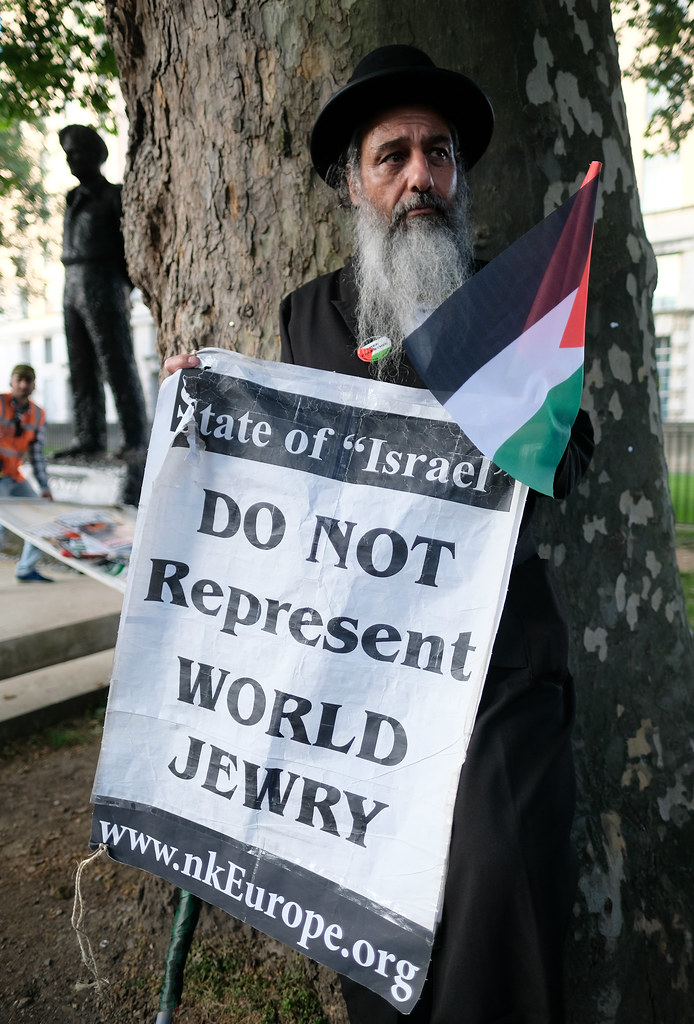
Flickr
The Arab countries which failed to establish a viable political system after the demolition of previous regimes in the Arab Spring will be left open to all possibilities, including partition as a result of regional and internal conflicts, or descent into chaos.
This situation will not be solved until the maps are redrawn and this will not be done until regional and international players decide to share influence with written treaties or secret agreements.
Of course, Arab nationalism will have no place in any reshaping of states or redrawn maps.
The new maps are a reflection of a new Middle East, led by Israel, in which states are created and classified on tribal, sectarian, or religious grounds, and where the Arab identity is dissolved in favor of secondary affiliations.
The absence of Arab nationalism as a compass for the countries of the region is a highly favorable situation for Israel’s aspirations to establish a Jewish state, whereby states based on religious, sectarian or ethnic bases will become the dominant situation.
This situation will allow Israel to dominate its old enemies after their interests, names, borders, and maps have been changed, and take nearly total control of the region.







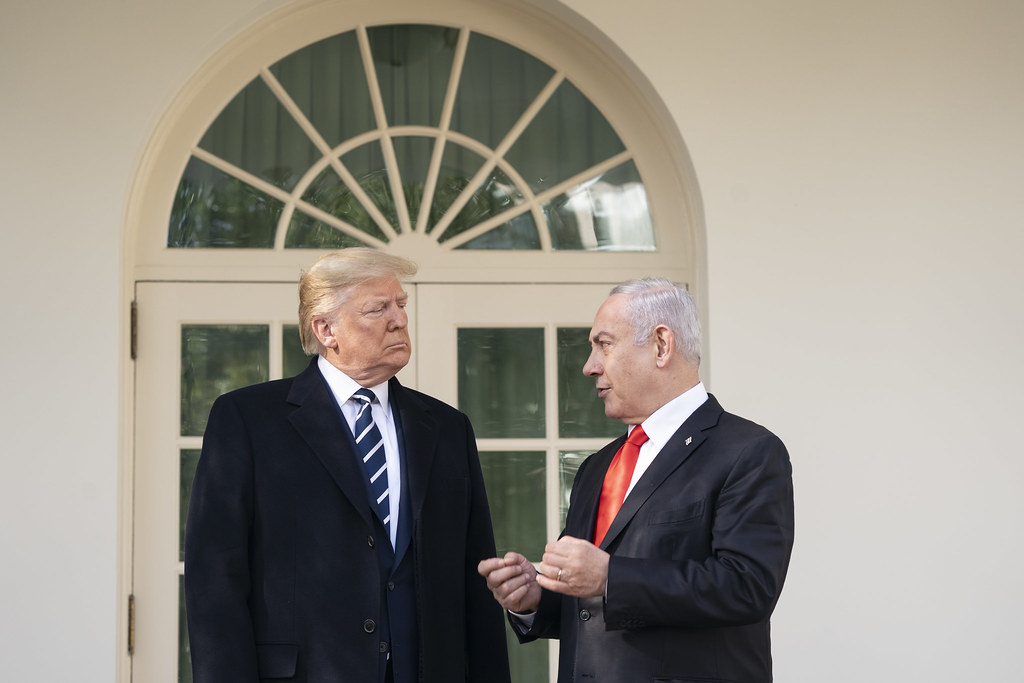







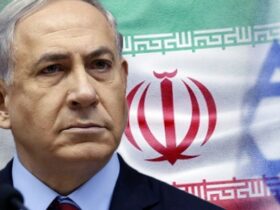

Leave a Reply